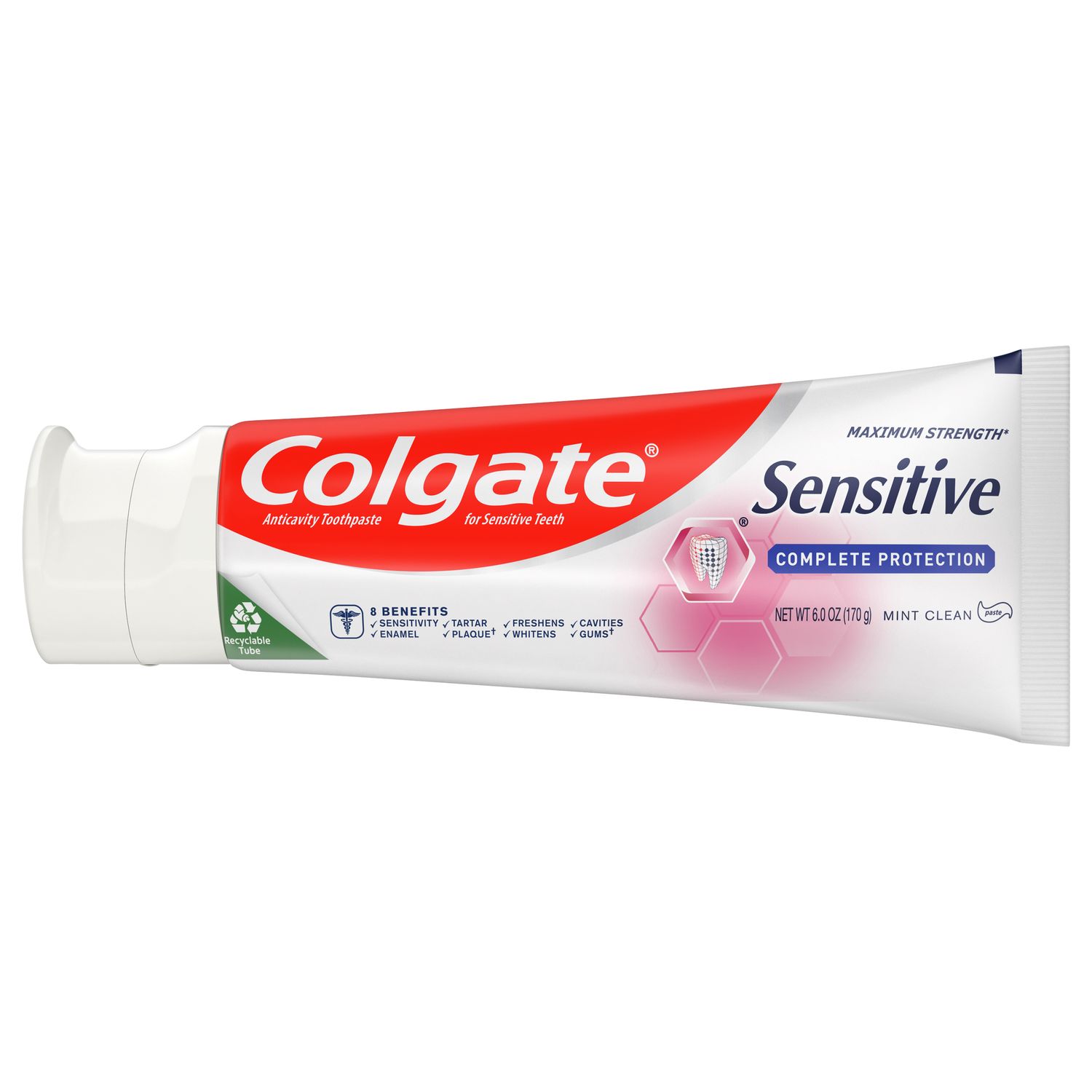
Many patients assume that it is normal for their teeth to be sensitive when they eat or drink something that is hot or cold. If they believe this to be true, patients often will not report that they experience sensitivity. However, as dental professionals we know that dentinal hypersensitivity is a common condition that can interfere with our patients’ quality of life. It is important to identify patients who are silently suffering from dentinal hypersensitivity and provide solutions for relief.
Identifying Silent Sufferers
Since many patients believe sensitivity to be normal, when asked about any concerns the patient may answer, "no". When reviewing the patient's dental health it is important to ask questions beyond "Do you have any concerns today?".
In addition to asking if patients have any dental concerns, ask specific questions about dentinal hypersensitivity. For example, "I am glad nothing is concerning you. Do you ever find yourself avoiding certain foods or chewing on one side of your mouth to avoid sensitivity?" or "Do you experience any tooth sensitivity? What triggers that sensitivity?" Elaborating on the dental health review will help us identify patients who are silent sufferers.
Uncovering the Root Cause
In order to offer solutions you must first identify the cause of the sensitivity. The dentist and dental hygienist can work collaboratively to determine the cause of sensitivity.
The dental hygienist can begin by identifying oral health care products the patient is using, looking for signs of abrasion, erosion, clenching and grinding, discussing diet and taking radiographs. A comprehensive exam by the dentist is necessary to rule out other potential causes of sensitivity in order to reach a diagnosis by exclusion.
Sensitivity Solutions
After a diagnosis of dentinal hypersensitivity has been made, you will be able to offer your patients immediate and ongoing solutions to combat the sensitivity. One simple solution is having the patient change the type of toothpaste they use. Silent sufferers may be amazed at how much better they will feel after just 2 weeks of using a sensitivity toothpaste!
Patients who are clenching and grinding their teeth may require additional visits with the dentist in order to be fitted for an occlusal guard. Encourage patients to bring their occlusal guard to every recare visit for appliance care and so the dentist can ensure it still has a proper fit.
Some patients will benefit from fluoride treatment, such as Colgate® PreviDent® 5000 ppm Sensitive (1.1% Sodium Fluoride, 5% Potassium Nitrate). This low abrasion, prescription strength toothpaste, is specifically for sensitive teeth and Prevents Cavities.
Addressing acid erosion may not have immediate benefits, but, it will prevent further damage. Education about diet may be necessary to help patients reduce their intake of acidic foods and drinks, to help avoid acid erosion. A patient may require a referral to their primary care physician if they have an undiagnosed or uncontrolled medical condition, such as acid reflux or bulimia.
Conclusion
Identifying silent sufferers is a game changer in how the dental team provides care. Patients will be impressed by your proactive approach to investigate a condition that they believed to be a normal part of life. Last, patients will truly appreciate the steps you took to improve their quality of life.
Join us
Get resources, products and helpful information to give your patients a healthier future.
Join us
Get resources, products and helpful information to give your patients a healthier future.









